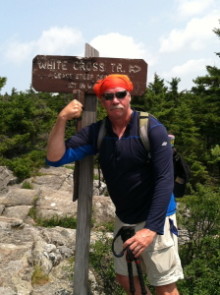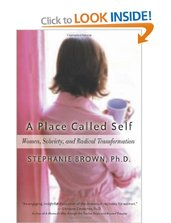 I’ve spent three blog posts, the first of which can be found here, describing my experiences and what I learnt during my initial visits to a local treatment agency, West Glamorgan Council on Alcohol and Drug Abuse (WGCADA) in Swansea. In addition, my last blog focused on an article written by my oldest daughter Annalie about a day in the life of an addiction treatment support worker at WGCADA, Dave Watkins.
I’ve spent three blog posts, the first of which can be found here, describing my experiences and what I learnt during my initial visits to a local treatment agency, West Glamorgan Council on Alcohol and Drug Abuse (WGCADA) in Swansea. In addition, my last blog focused on an article written by my oldest daughter Annalie about a day in the life of an addiction treatment support worker at WGCADA, Dave Watkins.
Many of the clients I met at WGCADA and in other treatment services I visited over the years knew what they wanted—a valued and meaningful life. They just did not know how to achieve what they wanted, and they lacked the internal and external resources to take the journey to recovery and the life they wanted.
My early experiences at WGCADA resonated loudly when some years later I read How Clients Make Therapy Work: The Process of Active Self-Healing, a seminal book written by Arthur C Bohart and Karen Tallman and published by the American Psychological Association. The following quotes are particularly pertinent.














